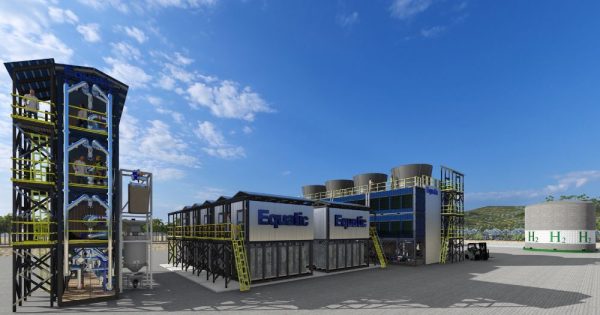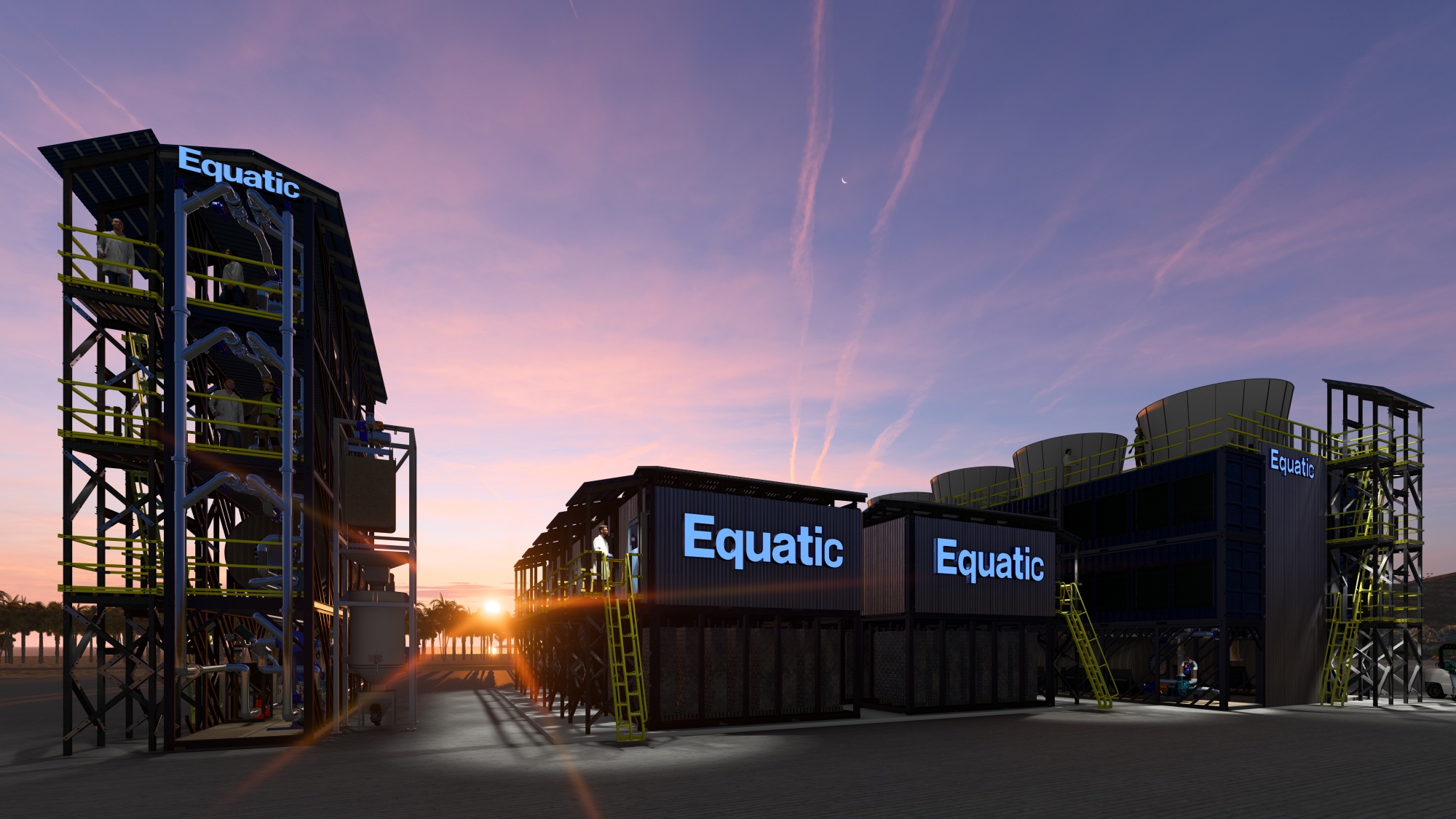Plans have been announced for the construction of Equatic-1, the world’s largest ocean-based carbon dioxide removal plant in Singapore, Southeast Asia. The project is developed by PUB, the National Research Foundation (NRF) Singapore, and UCLA’s Institute for Carbon Management (ICM).
PUB (Public Utilities Board), is Singapore’s National Water Agency responsible for ensuring a sustainable and efficient water supply in the country. The National Research Foundation, Singapore (NRF), is a department within the Singaporean Prime Minister’s Office that sets the national direction for research and development (R&D).
NRF develops policies, plans and strategies for research, innovation and enterprise. In addition, it funds strategic initiatives and builds up R&D capabilities by nurturing research talent. UCLA’s Institute for Carbon Management (ICM) on the other hand is a cross-campus technology-translation entity at the University of California, Los Angeles (UCLA).
Equatic-1 will be developed on the successful launch and operation of two ocean-based carbon dioxide removal pilot plant projects in Los Angeles and Singapore. Known as the Equatic, the pilot project in Singapore was commissioned in April 2023. It has the capacity to remove 0.1 metric ton (100 kg) of carbon dioxide per day.
The Equatic provided critical performance data to substantiate the developer’s carbon dioxide-removal efficiencies, hydrogen-production rates and energy requirements for the process. The findings then helped define the pathway for the design and engineering of Equatic-1 based on scaling performance confirmed by the pilot system.
Development, cost and operationalisation of the world’s largest ocean-based carbon dioxide removal plant in Singapore
The world’s largest ocean-based carbon dioxide removal plant will be built at PUB’s research and development facility in Tuas, western Singapore. It is set to be completed within a span of 18 months and at a cost of approximately US$20 million.
Upon completion, Equatic-1 will have the capacity to remove 10 metric tons of carbon dioxide per day from seawater and the atmosphere. This capacity is 100 times more than the capacity of the pilot ocean-based carbon dioxide removal plant in Singapore.

The world’s largest ocean-based carbon dioxide removal plant in Singapore will operate on Equatic process formerly known as Project SeaChange. According to reports, the process activates and expands the ocean’s natural ability to store carbon dioxide by removing dissolved carbon dioxide while enhancing the ocean’s capacity to absorb more of the greenhouse gas.
Utilising electrolysis, an electrical current is passed through seawater brought in from the adjacent PUB desalination plants. The process induces a series of chemical reactions that break water into its carbon-negative hydrogen and oxygen constituents while securely storing both dissolved (in seawater) and atmospheric carbon dioxide in the form of solid calcium and magnesium-based materials for at least 10,000 years. These carbon byproducts could potentially be used in the construction industry for land restoration, cement, or concrete.
The Equatic process has received substantial support from, among others, the Chan Zuckerberg Initiative, the Grantham Foundation for the Protection of the Environment, the Nicholas Endowment, the Temasek Foundation, Boeing, as well as the US Department of Energy’s ARPA-E and its Office of Fossil Energy and Carbon Management.
Benefits of Equatic-1
As far as its benefits are concerned, Equatic-1 will allow for the greenhouse gas to be removed and durably stored, while simultaneously producing nearly 300kg of carbon-negative hydrogen daily. When this facility has successfully fulfilled its technical demonstration objectives, Equatic will scale and commercialize the technology globally.
Also Read
MHI Selected for UK’s First Carbon Capture Plant FEED
Embracing Carbon Neutrality: Compressed Air for Sustainable Construction Sites
Contractors selected for the Next-Generation Green CBTC Project in Singapore
